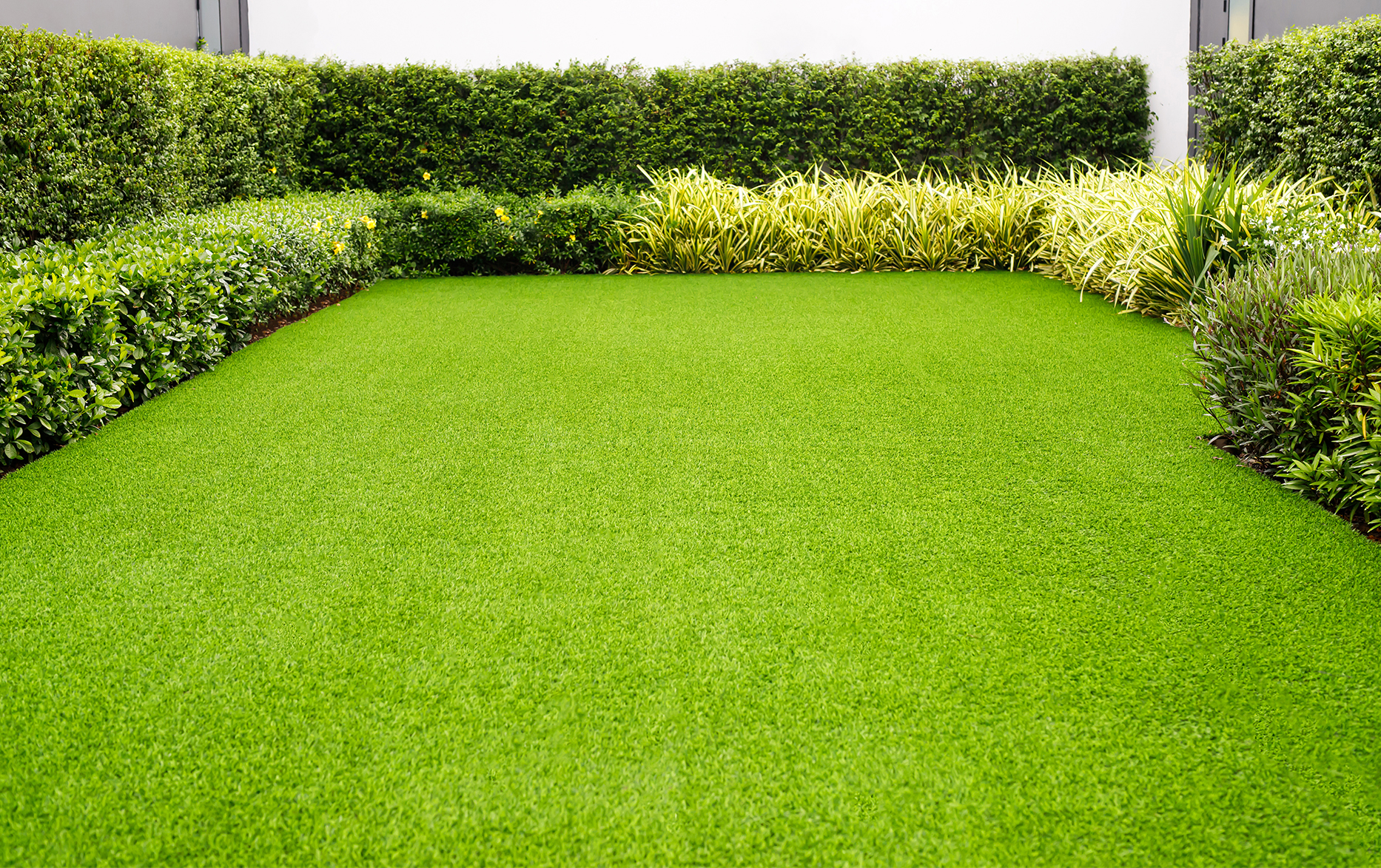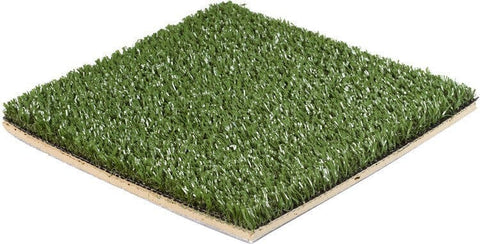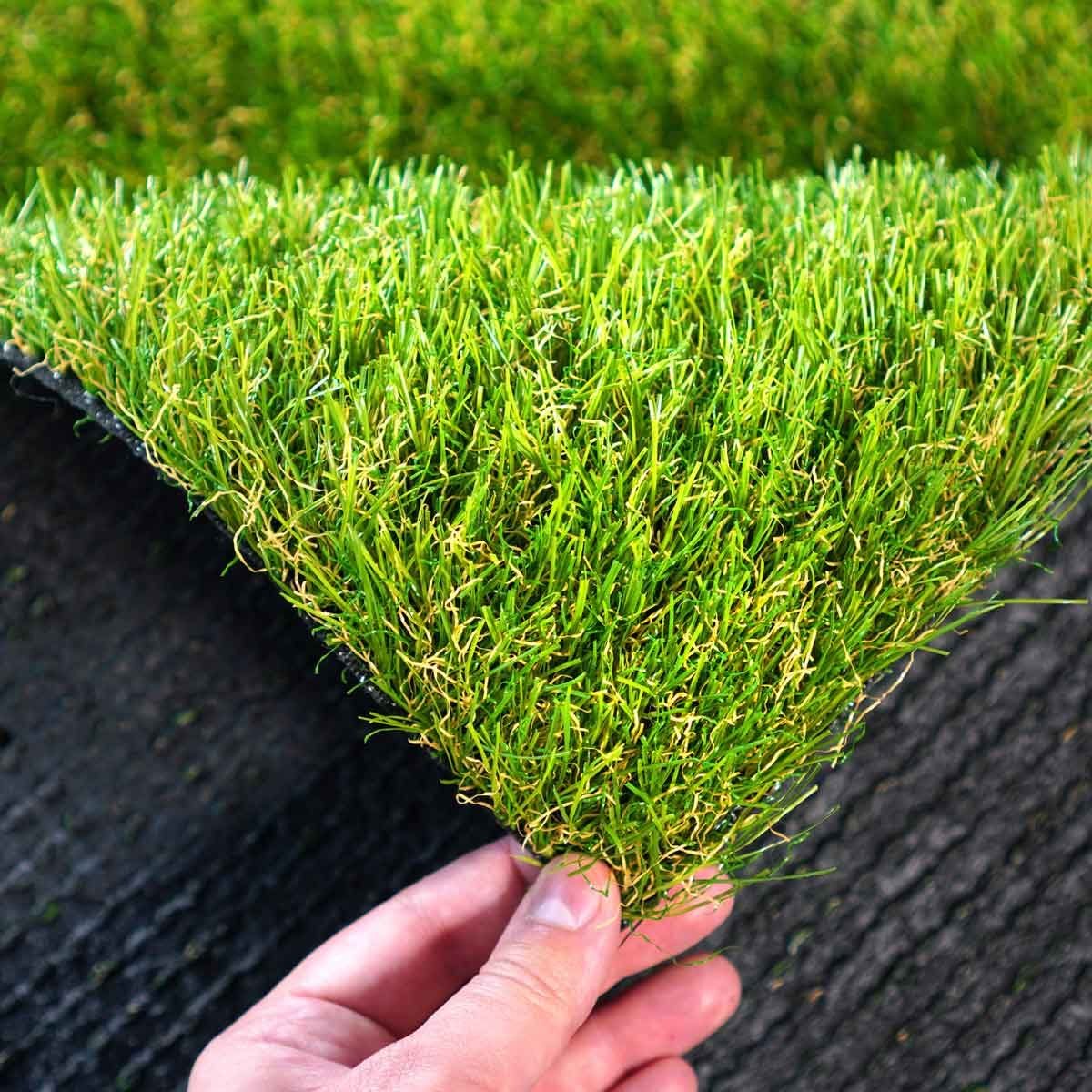Dependable Artificial Turf Companies Phoenix for a Beautiful and Green Lawn
Dependable Artificial Turf Companies Phoenix for a Beautiful and Green Lawn
Blog Article
Look Into the Environmental Conveniences of Opting for Synthetic Grass Solutions
The fostering of synthetic grass options presents an engaging opportunity to address pressing environmental obstacles. By substantially reducing water usage and decreasing the application of harmful chemicals, these options not only advertise sustainable landscape design yet likewise safeguard local environments. Additionally, the lower carbon impact connected with decreased maintenance activities contributes to an extra sustainable technique to land administration. The effects of these advantages prolong past mere preservation initiatives, elevating inquiries regarding their lasting effect on habitat conservation and general environmental balance. Discovering these measurements exposes a complex interplay worth taking into consideration.
Water Preservation Perks
One of one of the most significant advantages of synthetic grass is its ability to save water. Traditional yard yards need considerable irrigation, especially in locations susceptible to drought or water constraints. In comparison, fabricated lawn does not need watering, substantially reducing the general need for water sources. This function is specifically useful in deserts where water shortage is a pressing problem.
By eliminating the requirement for routine watering, synthetic grass adds to sustainable landscape practices and aids mitigate the environmental influence of excessive water usage. The conservation of water extends to the decrease of overflow, which can lead to dirt disintegration and river contamination.
In addition, the setup of synthetic grass enables communities and property owners to allocate water resources much more successfully, concentrating on necessary usages such as alcohol consumption water and agriculture. The shift towards artificial lawn not just advertises accountable water use yet likewise lines up with more comprehensive environmental goals intended at preserving natural deposits.
As communities progressively prioritize sustainability, the water conservation advantages of synthetic grass present an engaging case for its fostering in domestic and business landscape design jobs.
Reduced Chemical Use
The transition to synthetic grass dramatically lowers the dependence on chemical therapies frequently used in all-natural turf maintenance. Conventional grass management generally involves the application of pesticides, plant foods, and herbicides to promote development and control pests. These chemicals can posture dangers to human health and wellness, regional wild animals, and the setting, adding to soil and water contamination.
On the other hand, synthetic lawn gets rid of the need for these hazardous substances. As soon as set up, it needs very little maintenance, mainly including normal cleaning and irregular infill replenishment. This reduction in chemical use not just benefits the prompt atmosphere yet likewise adds to broader environmental security. By minimizing the release of artificial substances right into the ecological community, synthetic lawn advertises much healthier soil and water supply.
Additionally, the absence of chemical runoff connected with artificial turf installations aids secure local waterways from air pollution, supporting water life and preserving biodiversity. Artificial turf companies phoenix. As communities significantly focus on lasting practices, choosing synthetic grass presents a sensible option that aligns with environmental conservation objectives. Through this shift, home proprietors can take pleasure in lush eco-friendly areas without jeopardizing ecological health, leading the way for a more lasting future
Reduced Carbon Footprint

Furthermore, the installment of man-made grass can cause significant water preservation. All-natural yards call for considerable amounts of water for watering, which not only includes to the carbon impact connected with water removal and treatment yet also stress local water sources. In contrast, synthetic grass needs minimal maintenance, requiring no watering, consequently substantially lowering water use and its associated energy prices.
In addition, the long life of man-made grass adds to its reduced carbon effect. With a lifespan of up to 15 years or more, the requirement for regular substitutes is lessened, leading to less waste and lower power consumption in manufacturing and disposing of traditional grass alternatives. On the whole, synthetic grass offers a sustainable alternative for environmentally mindful landscaping.
Environment Preservation
Habitat preservation is a crucial consideration in the discussion over landscape design selections, specifically when contrasting artificial turf to natural lawn. Natural yard yards commonly need considerable upkeep, including using herbicides, fertilizers, and pesticides, which can adversely affect local environments. These chemicals can seep into the soil and rivers, damaging indigenous flora and animals and disrupting regional habitats.
Fabricated grass gets rid of the need for hazardous chemicals, consequently safeguarding nearby wild animals and preserving the integrity of bordering ecological communities. The installation Learn More of man-made turf can lead to the conversion of previous yard areas right into more biodiverse landscapes, such as pollinator yards or native plant areas, which can click this support regional wildlife.
Ultimately, the transition to synthetic grass not just saves water and lowers upkeep initiatives however additionally cultivates a more unified partnership between human tasks and the natural surroundings, promoting environment conservation in the process.
Long-Term Sustainability
Long-term sustainability is an essential aspect in examining the benefits of synthetic grass over typical turf lawns. One of one of the most considerable advantages of artificial lawn is its toughness; it can last as much as 15-20 years with very little upkeep, whereas natural grass requires constant reseeding and substitute. This longevity reduces the demand for continuous sources, such as water, fertilizers, and chemicals, which are important for keeping a healthy grass yard.
Furthermore, artificial grass contributes to a decrease in carbon exhausts related to yard care equipment. Typical grass typically need gas-powered mowers, leaners, and blowers, all of which contribute to air pollution. Artificial turf companies phoenix. On the other hand, man-made turf gets rid of the requirement for such devices, promoting a cleaner atmosphere
Furthermore, the production of fabricated lawn increasingly uses recycled materials, improving its sustainability profile. As producers embrace green methods, the environmental footprint of synthetic grass remains to diminish.

Final Thought
The adoption of artificial lawn remedies provides significant ecological advantages, consisting of substantial water preservation, minimized reliance on hazardous chemicals, and a reduced carbon footprint. Additionally, synthetic grass help in preserving all-natural environments by lessening land disruption and advertising lasting sustainability with using long lasting products. Collectively, these factors underscore the possibility of man-made turf to contribute favorably to environmental health and offer a practical choice to conventional landscape design techniques in a progressively resource-conscious globe.
In contrast, synthetic grass does not require watering, substantially reducing the general need for water sources. By reducing the launch of artificial substances into the environment, fabricated turf promotes much healthier dirt and water systems.
Furthermore, the setup of artificial turf can result in considerable water preservation. In contrast, synthetic turf requires marginal maintenance, needing no watering, therefore dramatically decreasing water usage and its linked energy expenses.

Report this page